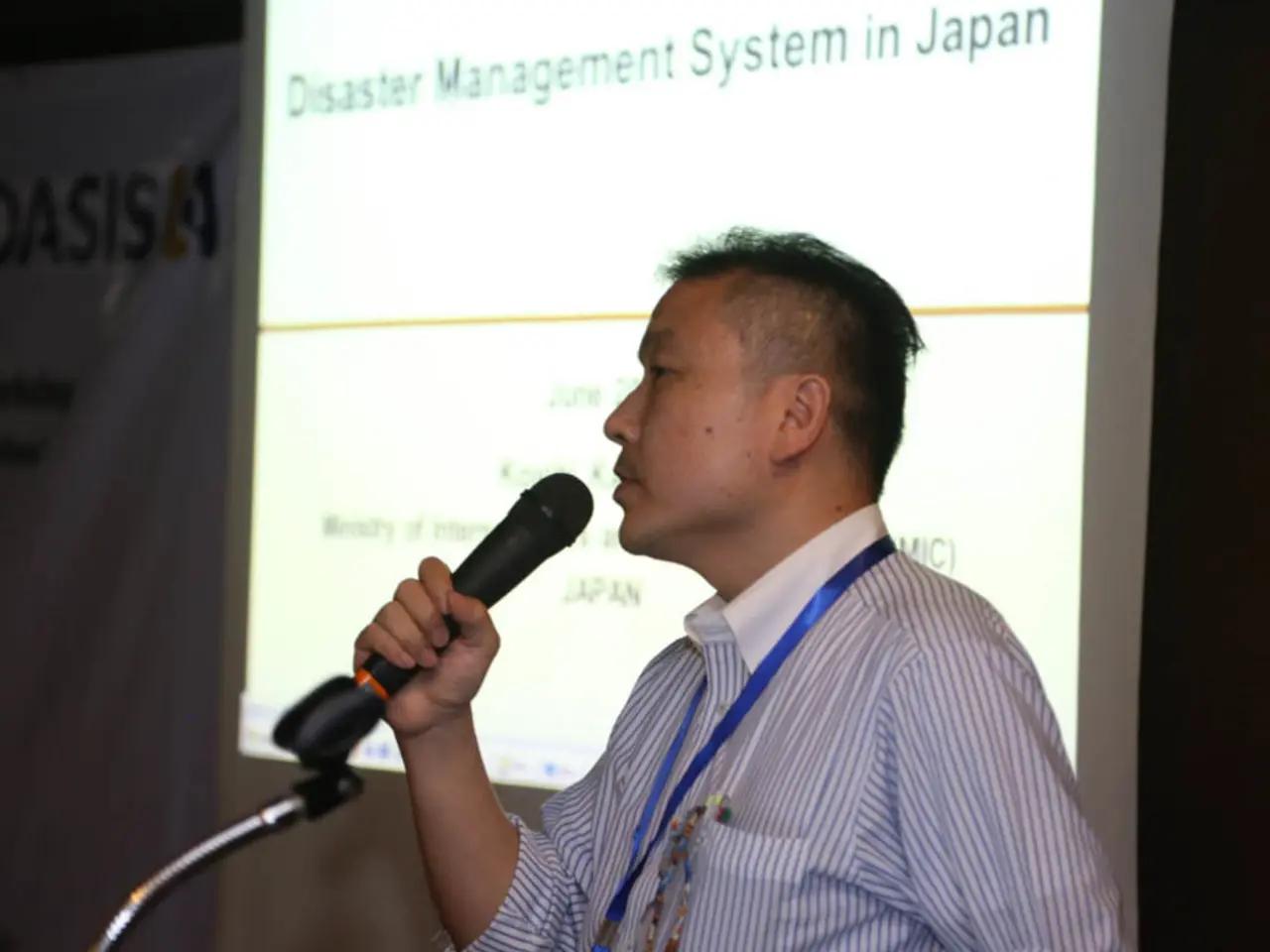Explore
The recent disaster in Japan has raised concerns about the potential impacts on the global auto industry, particularly in China. Here's a preliminary analysis of how Japanese automakers may be affected.
Toyota's production in China could be affected in the long run, depending on the assessment made by its headquarters in Japan. The damage to Toyota's facilities is still being assessed, and the company has halted production due to the earthquake and tsunami.
On the other hand, Honda's premium brand Acura won't be directly affected, as the majority of cars and parts are imported from the United States and Canada. Honda's factories in Japan have shut down, but this won't impact production in its two Chinese joint ventures until at least this weekend.
Nissan, another major Japanese automaker, has enough inventory of Japan-imported parts to maintain local production. However, the production halt in Japan might have a short-term impact on imported Japanese cars in China, especially in terms of price.
The report does not mention any direct impact on the production of cars in China as a whole, only the potential impact on imported Japanese cars. In 2010, China imported 254,000 vehicle units from Japan, accounting for 31.3% of the total automobile segment, with a value of $7.6 billion.
A large proportion of automatic transmissions for car production in China are imported from Japan. Key Japanese Original Equipment Manufacturers (OEMs) importing automotive parts from Japan that could influence auto production in China include Denso Corporation, a prominent Japanese supplier known for automotive components.
Japanese OEMs such as Toyota, Nissan, and Honda import core engine components from Japan for vehicles like the Accord, Camry, and Teana. The long-term impact on these components' supply could potentially affect the production of these models in China.
However, the production of Nissan-branded models in China will not be affected by the halt in Japan's production. The mature supply system in China might limit the impact on the local production of Japanese cars in Chinese joint ventures.
The status of other developments, such as the opening of the new Volkswagen plant in China, the approval of the second Volvo plant in China, and the operation of First Auto Works' assembly plant in Algeria, remains unclear in the report.
As for Honda's motorcycles, local manufacturing won't be affected until the end of the month. The company's premium and imported car brand Infiniti may face challenges, but the future impact is still under evaluation.
In conclusion, while the short-term impact on imported Japanese cars in China seems evident, the long-term effects on the auto industry are still uncertain and will depend on the recovery efforts in Japan and the adaptability of the supply chain in China.
Read also:
- House Infernos: Deadly Hazards Surpassing the Flames
- Aspergillosis: Recognizing Symptoms, Treatment Methods, and Knowing When Medical Attention is Required
- Accident at Rodalben Results in Injuries; Geoskop Area near Kusel Affected After Stormy Weather
- Marital instances multiplying in MV - officials hint at an upsurge in unions








